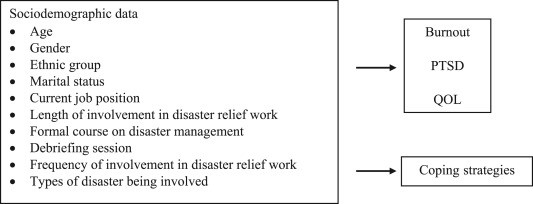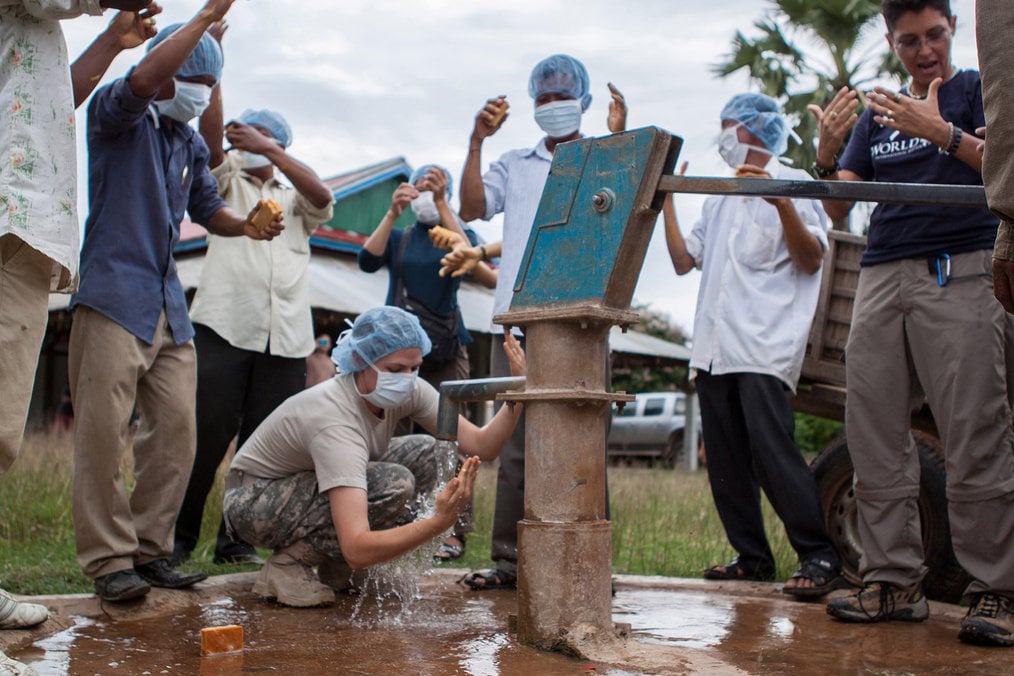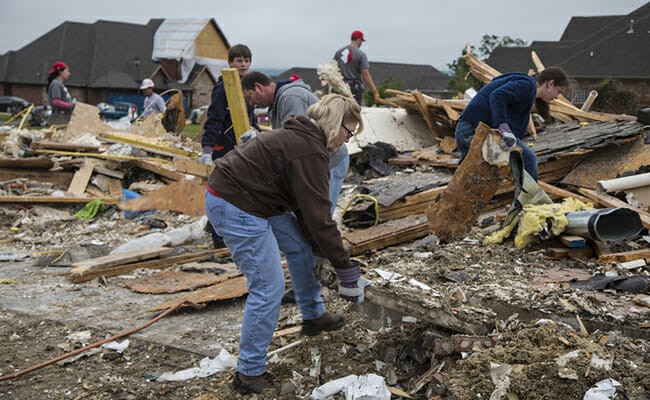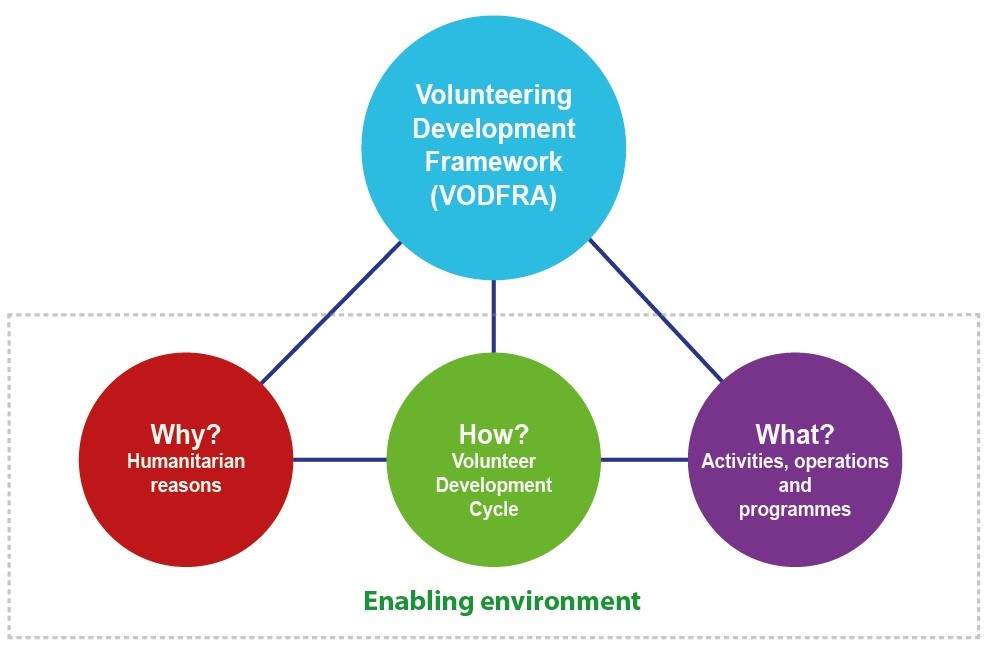How Does Volunteering In Disaster Relief Efforts Impact Stress Levels?
Imagine the exhilarating feeling of being part of a team that rushes to the aid of those affected by natural disasters. The adrenaline is pumping as you work tirelessly, embodying the true spirit of humanity. But have you ever stopped to wonder how volunteering in disaster relief efforts actually affects your stress levels? In this eye-opening article, we will explore the surprising ways that lending a helping hand can not only make a difference in the lives of others, but also provide a profound impact on your own well-being. It’s time to uncover the secrets behind the powerful connection between volunteering and stress reduction.
The Importance of Disaster Relief Efforts
Disaster relief efforts play a crucial role in addressing the immediate needs of affected communities. When natural disasters strike, such as hurricanes, earthquakes, or floods, individuals and families find themselves in urgent need of assistance. By providing food, water, shelter, and medical care, disaster relief organizations can help ensure the well-being of those affected by these catastrophic events.
Additionally, disaster relief efforts are essential for providing support and resources during times of crisis. These efforts involve not only providing immediate relief but also aiding in long-term recovery and reconstruction. Volunteers, who selflessly dedicate their time and energy, play a significant role in this process.
Understanding Stress Levels
Stress is a common human experience that can have a profound impact on both physical and mental health. Defined as the body’s response to demands or pressure, stress can be caused by a variety of factors, including traumatic events. Disaster victims often experience high levels of stress due to the loss of their homes, loved ones, and sense of security.
The impact of stress on physical health is well-documented. Prolonged or chronic stress can lead to a range of health issues, including cardiovascular problems, weakened immune function, and digestive disorders. Furthermore, stress can also take a toll on mental health, contributing to the development or exacerbation of conditions such as anxiety and depression.

Volunteering as a Coping Mechanism
Engaging in volunteer work can be an effective coping mechanism for managing stress. By focusing on helping others, volunteers are able to find purpose and meaning in their actions, which can be particularly beneficial during times of crisis. Volunteering provides a way to channel one’s energy and emotions into something positive, contributing to a sense of personal fulfillment.
Moreover, volunteering can promote feelings of self-efficacy and empowerment. By actively participating in disaster relief efforts, volunteers gain a sense of control and make a tangible difference in the lives of those affected. This empowerment can help alleviate feelings of helplessness and enhance overall resilience.
Positive Effects of Volunteering
Engaging in volunteer work during disaster relief efforts can have a range of positive effects on emotional well-being and resilience. Studies have shown that volunteering is associated with increased feelings of happiness, satisfaction, and overall well-being.
Furthermore, volunteering has been linked to a reduced risk of developing mental health disorders. The social interaction, sense of purpose, and fulfillment derived from helping others can contribute to improved mental health outcomes. By engaging in activities that foster a sense of community and connection, volunteers can reduce their own vulnerability to mental health challenges.

Psychological Challenges Faced by Volunteers
While volunteering in disaster relief efforts can be immensely rewarding, it is not without its psychological challenges. Volunteers often find themselves exposed to traumatic events and distressing situations. Witnessing the devastation caused by natural disasters and encountering human suffering firsthand can have a significant emotional impact.
In addition to exposure to traumatic events, volunteers may also experience compassion fatigue and burnout. Compassion fatigue refers to the physical, emotional, and spiritual exhaustion that can arise from caring for others who are suffering. Burnout, on the other hand, is characterized by a state of emotional, mental, and physical exhaustion resulting from prolonged stress and excessive demands.
Factors That Influence Stress Levels
Various factors can influence the stress levels experienced by volunteers during disaster relief efforts. One significant factor is the level of personal involvement and identification with the affected individuals. Volunteers who have a strong emotional connection to the victims may experience heightened levels of stress, as their empathy and compassion drive them to deeply internalize the suffering they witness.
Additionally, the availability of social support and resources plays a crucial role in mitigating stress levels. Volunteers who have access to a strong support system, both within the organization and in their personal lives, are more likely to cope effectively with the challenges they encounter. Social support provides a buffer against stress, allowing volunteers to seek solace, share experiences, and receive validation for their efforts.

The Role of Training and Preparation
Comprehensive training programs are essential in preparing volunteers for the psychological challenges they may face during disaster relief efforts. These programs equip volunteers with the necessary skills and knowledge to cope with stress and protect their own well-being.
Effective coping strategies and stress management techniques are key components of such training programs. Volunteers learn how to recognize and address their own stress responses, establish healthy boundaries, and practice self-care. By equipping volunteers with these tools, organizations can ensure they are better prepared to support affected communities while safeguarding their own mental health.
Support Systems for Volunteers
To further support the well-being of volunteers, disaster relief organizations must provide adequate organizational support and mental health services. This includes implementing policies and protocols that prioritize the mental health and well-being of volunteers, as well as offering access to counseling and psychological support services.
Peer support and debriefing sessions are also crucial in helping volunteers process their experiences and emotions. Through these facilitated discussions, volunteers can share their feelings, gain perspective, and receive validation from others who have experienced similar situations. Peer support provides a sense of camaraderie and understanding, reinforcing volunteers’ resilience and helping them navigate the challenges they encounter.

Long-Term Effects of Volunteering in Disaster Relief
Volunteering in disaster relief efforts can have long-lasting effects on personal growth and development. Many volunteers report experiencing post-traumatic growth, a phenomenon characterized by positive psychological changes following a traumatic event or crisis. These changes can include increased appreciation for life, personal strength, and a re-evaluation of priorities.
Additionally, engaging in volunteer work fosters enhanced empathy and compassion. By directly experiencing the impact of disaster and witnessing the resilience of affected communities, volunteers develop a deeper understanding of human suffering and compassion towards others. This increased empathy can extend beyond the immediate disaster relief efforts, leading to a more compassionate and empathetic approach to all aspects of life.
Conclusion
The importance of disaster relief efforts cannot be overstated. By addressing the immediate needs of affected communities and providing support during times of crisis, these efforts play a vital role in promoting well-being and recovery. Volunteering in disaster relief not only helps those in need but also has positive effects on volunteers’ emotional well-being and resilience.
While volunteering can be challenging, it offers a meaningful coping mechanism for managing stress. By finding purpose and meaning in helping others, volunteers not only alleviate the suffering of those affected but also benefit their own mental health. Organizations must provide adequate support and resources, including comprehensive training programs and access to mental health services, to ensure the well-being of volunteers.
Volunteering in disaster relief efforts has the potential for long-term personal growth and development. By experiencing post-traumatic growth and developing enhanced empathy and compassion, volunteers can make a lasting impact on themselves and their communities. The impact of their efforts extends far beyond the immediate crisis, fostering resilience and compassion in the face of adversity.


















